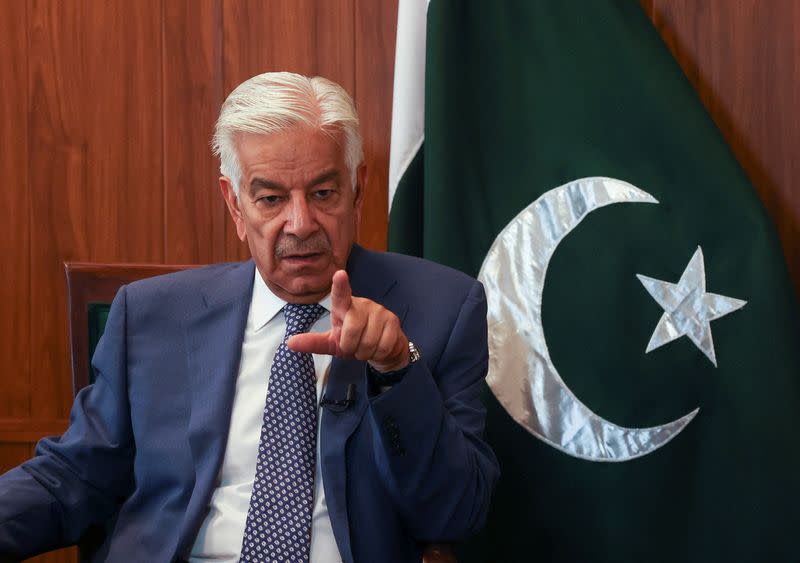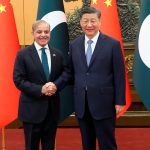In a significant revelation amid ongoing regional tensions, Pakistan’s Defence Minister Khawaja Asif has acknowledged that China has been sharing satellite-based intelligence on India with Islamabad. His remarks, made during an interview with Arab News, come weeks after the conclusion of Operation Sindoor—a major Indian military strike on terror infrastructure across the border—and reflect the deepening of the China-Pakistan strategic partnership.
Asif stated that intelligence sharing between allied countries is a routine and expected practice, especially when both face shared threats. “These days, countries that are close to each other do share intelligence. It’s very normal if we are sharing any information we have,” he said.
He added that the information being shared is particularly relevant due to the existing disputes between China and India. “The Chinese also have issues with India. So I think it’s very natural to share intelligence gathered through satellites or other means,” Asif said, effectively confirming a growing intelligence-sharing alliance aimed at countering India’s regional influence.
The timing of Asif’s admission is notable. Following the April 22 Pahalgam terror attack, which killed 26 people, India launched Operation Sindoor—a series of coordinated precision strikes on terror hubs in Pakistan-occupied Kashmir. The military escalation that followed raised global concern, leading to a ceasefire agreement accepted by Pakistan on May 10, without preconditions.
Despite the ceasefire, Pakistan’s defence posture remains on high alert. “Since our conflict or this short war with India, we have not lowered our guards. We’ve maintained this alert status for over a month now,” Asif stated, hinting at continued mistrust and underlying military readiness.
India, for its part, has not formally responded to Asif’s statement, but New Delhi has consistently expressed concern over China’s growing presence in Pakistan’s strategic affairs. Intelligence-sharing, particularly involving satellite surveillance, is viewed by Indian security analysts as a potential long-term threat to regional stability.
The ceasefire between India and Pakistan, while holding for now, remains fragile. The broader implications of China’s active intelligence support to Pakistan are likely to weigh heavily on future diplomatic and security calculations in South Asia.













